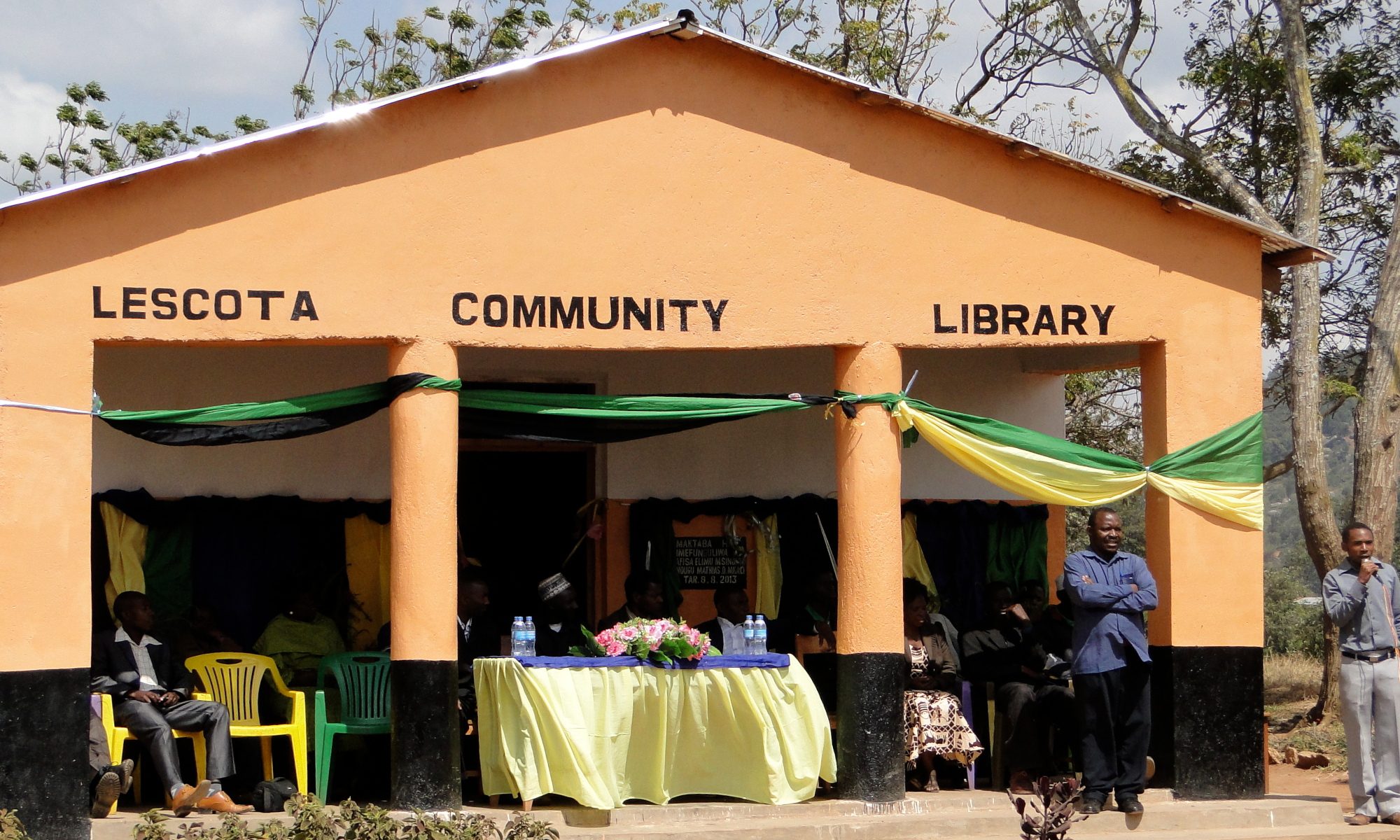Last month, the
DailyNews reported that the Prime Minister of Tanzania has announced government plans to create a digital library which would contain all student textbooks and other paper-based materials (for the article, see:
http://www.dailynews.co.tz/index.php/local-news/22592-pm-educational-materials-to-go-digital). It is unclear when these materials will be publicly available or even if work has begun on the project, though it will probably be several years before such a program would be fully operationally.
As computers, tablets, and smart phones become more widespread, a digital library could become very useful. Students would be able to access their course materials without having to pay for them. Also, having access to a complete library would allow students to view materials that otherwise would have been unavailable due to the scarcity of textbooks at many schools and the phasing out of old textbooks.
While the project has many potential benefits, there are several issues that should be addressed. First, large segments of the population do not have access to the resources necessary for the effective use of a digital library. Many schools do not have access to the technological aids (computers, smart phones, internet connections) required to access a digital repository; some of these schools do not even have electricity. Such schools tend to serve students who are poorer and who are more likely to be located in rural areas; these students tend not to have access to the requisite technological aids, either. If nothing is done to improve access to such aids, a digital library might increase the educational divide between the wealthy and the poor.
TETEA maintains that technology can be beneficial and that a resource such as a digital library would beneficial; this belief led us to develop our own resource library at
maktaba.tetea.org, where Tanzanian students and teachers can obtain study guides and past national examinations. That said, it is important that one remains cognizant of the potential pitfalls of such initiatives and work to mitigate any negative consequences. TETEA, for example, operates a rural library which contains all of the materials available through the online resource library, providing access to students who are unable to use the internet.

